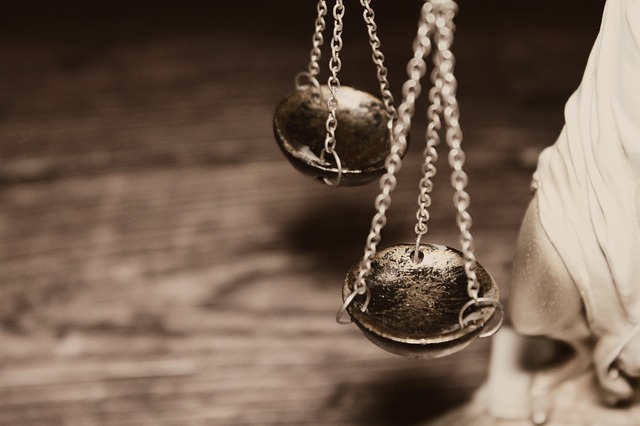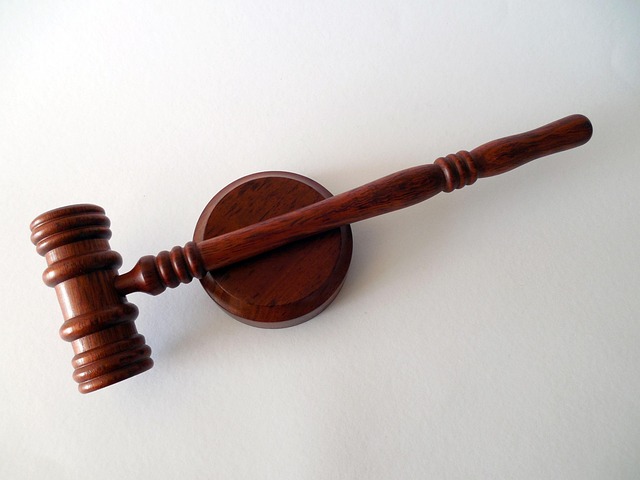Wrongful death beneficiaries include close family members like spouses, children, parents, and sometimes siblings who suffer emotional and financial losses due to another party's negligence. Understanding and protecting these individuals' rights is crucial in legal proceedings. If no beneficiaries are designated, complex legal issues arise regarding asset distribution, and bereaved families face additional emotional challenges. Appointing a representative or setting up trusts/powers of attorney during one's lifetime can help streamline compensation processes for affected family members in such cases.
In the event of a tragic wrongful death, identifying suitable beneficiaries is crucial for compensating affected families. Understanding who qualifies as a wrongful death beneficiary and their significance is essential for administering justice. Without direct beneficiaries, legal proceedings can become complex. This article explores the implications and offers solutions, emphasizing the importance of advance planning to ensure victims’ rights are protected, even when traditional beneficiaries are absent. We delve into alternative options, providing guidance on navigating this sensitive matter.
- Understanding Wrongful Death Beneficiaries: Who Are They and Why Are They Important?
- Implications of No Wrongful Death Beneficiaries: Legal and Emotional Ramifications
- Alternative Solutions and Planning Ahead: Ensuring Compensation in the Absence of Direct Beneficiaries
Understanding Wrongful Death Beneficiaries: Who Are They and Why Are They Important?

Wrongful death beneficiaries refer to the loved ones left behind when someone dies due to another party’s negligence or wrongful act. These individuals are often family members closely tied to the deceased, such as spouses, children, parents, and sometimes siblings. In a case of wrongful death, they suffer not only an immense emotional loss but also financial implications, as they may lose out on future support, care, and companionship that the departed individual would have provided.
Understanding who constitutes a wrongful death beneficiary is crucial because their rights and interests need to be protected. These beneficiaries play a significant role in legal proceedings, as they are the ones who stand to gain from any compensation or settlement. In cases of partnership disputes, car accident injuries, or medical negligence, identifying and involving the right wrongful death beneficiaries ensures that justice is served and that those most affected by the tragedy receive the support and resources they need to cope with their loss.
Implications of No Wrongful Death Beneficiaries: Legal and Emotional Ramifications

When there are no wrongful death beneficiaries, it can lead to significant legal and emotional ramifications. Legally, the absence of designated beneficiaries can result in a complex process of asset distribution. Without clear recipients, courts may need to conduct extensive investigations to identify potential heirs or next of kin who could claim rights to the compensation. This procedure can prolong the resolution of the case and increase legal costs.
Emotionally, the impact on bereaved families is profound. Wrongful death claims are not merely financial matters; they often serve as a means to seek justice and closure. Without beneficiaries, the grieving process can be further complicated as individuals struggle to find solace in what could have been a form of recognition and support during their time of loss. This scenario underscores the importance of designating wrongful death beneficiaries to navigate these challenges effectively.
Alternative Solutions and Planning Ahead: Ensuring Compensation in the Absence of Direct Beneficiaries

In the event that there are no wrongful death beneficiaries, victims’ families face a complex landscape. Fortunately, alternative solutions exist to ensure compensation. One common approach involves designating a representative or a close relative who can accept the settlement on behalf of the family. This person acts as a proxy, managing the financial aspects and distributing the proceeds according to the deceased’s wishes or state laws.
Additionally, planning ahead is paramount. Individuals should consider setting up trusts or power of attorneys during their lifetime to name beneficiaries for potential wrongful death claims. These legal documents ensure that even if a loved one passes away without direct beneficiaries, their assets can be managed and distributed in a manner that provides some form of compensation or support for those affected by serious injuries or employment disputes.
In cases where there are no wrongful death beneficiaries, it is crucial to explore alternative legal avenues to ensure proper compensation. Planning ahead and designating potential beneficiaries can prevent emotional and financial burdens on survivors during an already difficult time. Understanding the importance of identifying wrongful death beneficiaries and exploring these solutions is essential for navigating the complex landscape of legal rights and ensuring justice in such unfortunate circumstances.






